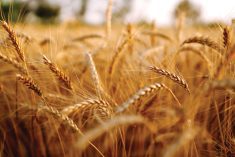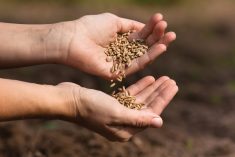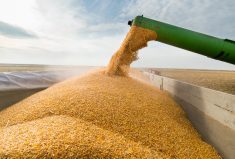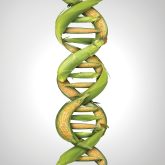Consumers are likely confused by the myriad food sustainability certifications out there, and it’s no wonder, said a panel of food industry experts.
This may be made worse by poor or even dishonest communication from the food industry.
“What does pasture-raised eggs or chicken mean?… what does grass fed mean when it comes to beef? What does it mean to have, you know, for example, non-GM oat milk?” said Brian Bourquard, senior director at EQ Parthenon, a food and agriculture strategy firm, in a panel discussion during the summit.
Read Also
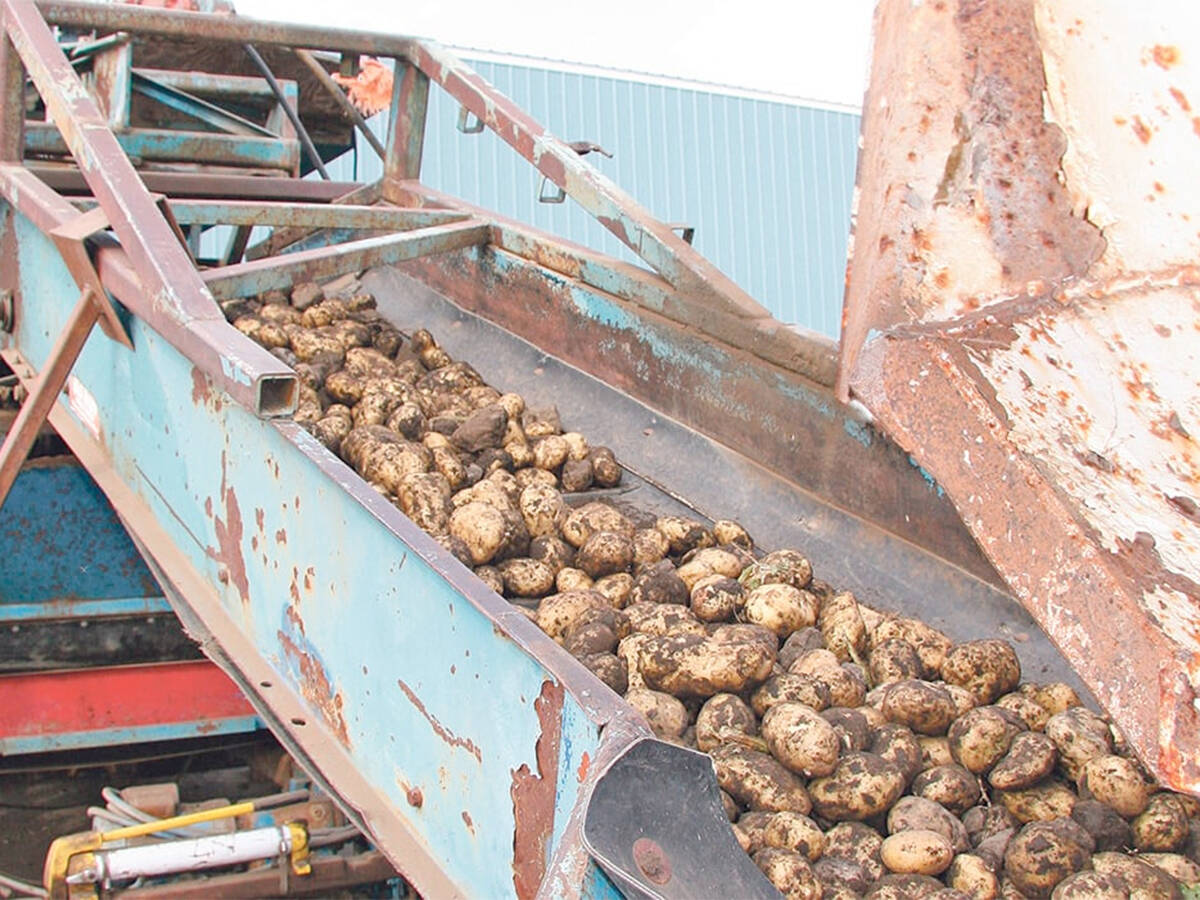
Potato growers beware new PVY strains
Newer strains of potato virus Y (PVY) are creating headaches for potato farms in Eastern Canada, and Manitoba farmers should pay attention
He laughed. “There’s no GM oat on the market.”
This came during a panel discussion on food sustainability trends on the third day of the Manitoba Protein Summit, held February 23 to 25.
“I would ask us or challenge us as an industry to use the labels that are actually relevant,” said Bourquard.
He added that he loves to pick up bags of wheat-based products labelled ‘non GMO’ that are essentially wheat, water and salt. “Well geez, there’s nothing in here that could have been GM.
“I think that we’ve done a really poor job of telling the story from the consumers’ perspective, communicating the reality to them, and being really genuine,” he said.
Communicating clearly isn’t always easy, acknowledged panellist Tim Faveri, vice-president of sustainability and shared value with Maple Leaf Foods.
“We have incredible amount of certification levels and attributes coming in on both meat, plant and other food products all the time,” he said. “The consumer might be really confused.”
To date there are 113 ecolabels in Canada, according to the website ecolabelsindex.com. These include Canada Organic, CarbonFree Certified, Cleaner and Greener Certification, Dolphin Safe, ENERGY STAR, GreenCircle, LEAF, Leaping Bunny, Ocean Wise, TerraCycle and Totally Chlorine Free.
“Which one do you trust?” said Faveri.
It’s not easy for companies to choose which certification works well for them, either.
There’s a big need for food life cycle assessments that are easy to compare, said Emily Hennessee, a policy analyst with alternative-protein think-tank the Good Food Institute.
While life cycle assessments exist, she said, their scopes usually don’t match up. This means food products’ sustainability can’t be compared ‘apples to apples.’
“I’d would love to see the assessments that are on a full-scale LCA (life cycle assessment) from what is the implication of switching to more plant-based protein and, you know, decommissioning the grazing and all the carbon that’s stored in our grasslands globally, into annual cropping,” said Karen Haugen-Kozyra, president of Viresco Solutions, a Calgary-based food sustainability and strategy consulting firm.
“I don’t think we’ve seen those types of apples-to-apples comparisons,” she said.
While it’s frustrating to see so many certification programs, there is effort to benchmark them against each other said Haugen-Kozyra. The International Commerce Law Alliance (ICL Alliance) has provided solid guidance on how to at least compare these certifications and align them with each other, she said.
Faveri agreed. He said the ICL Alliance has tried to standardize and develop standards for product verifications.
If there was a standard for what needed to be included in an on-package verification claim, that would be helpful, he said.





